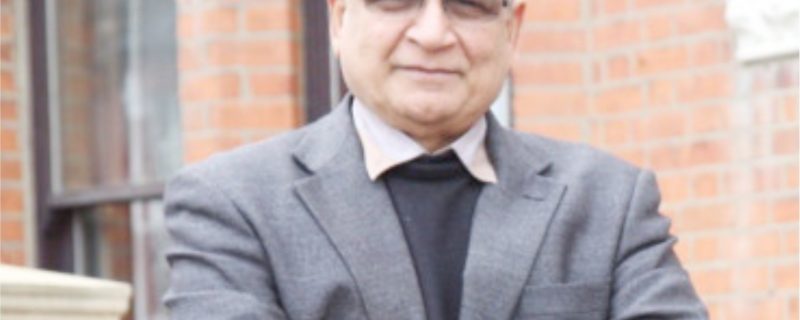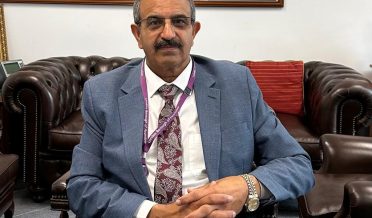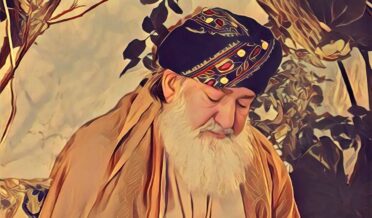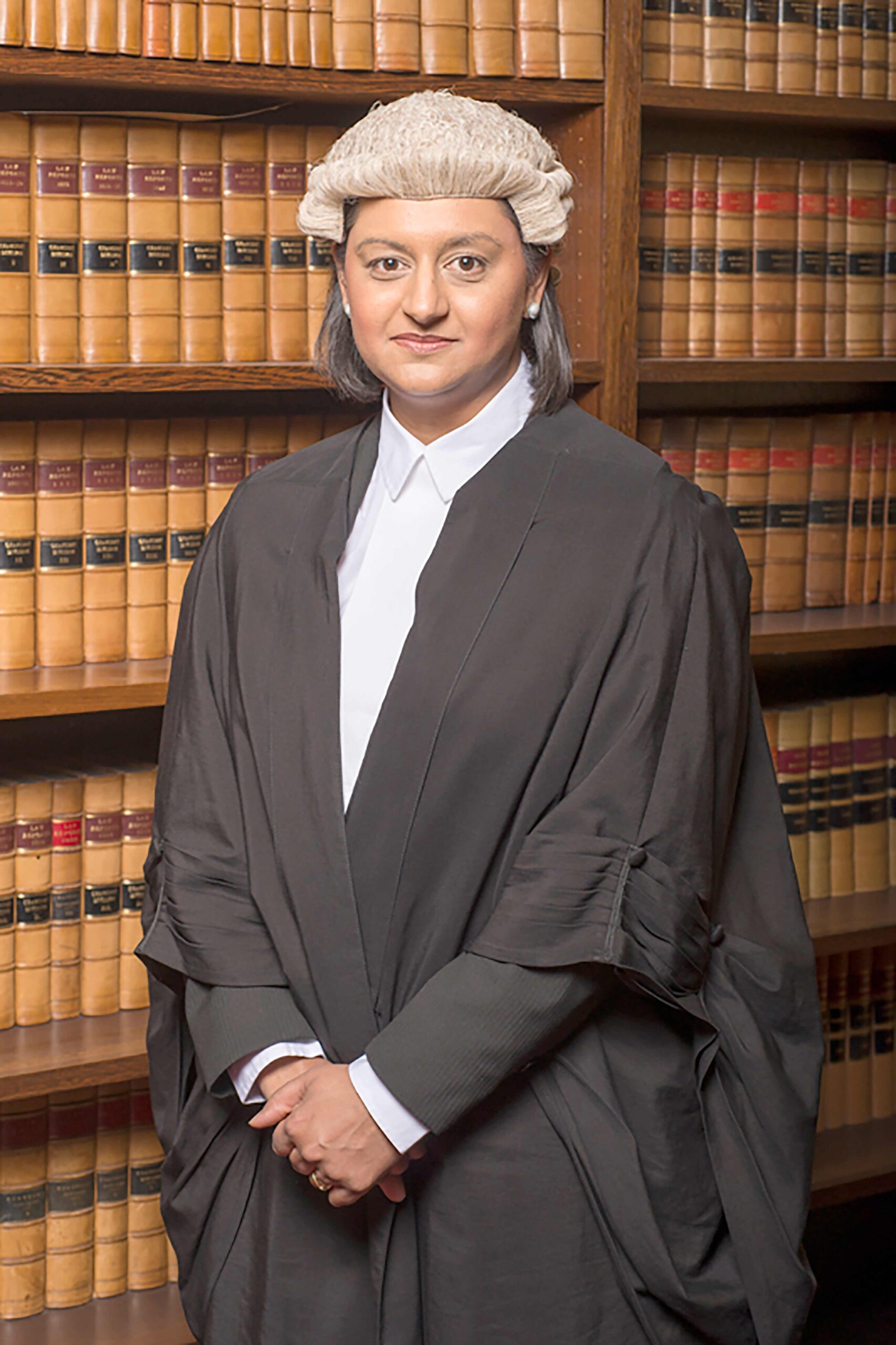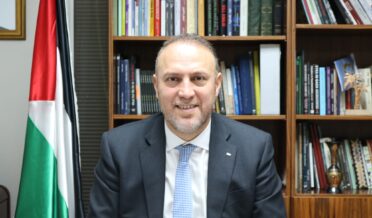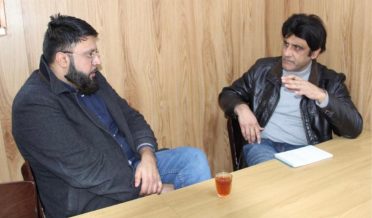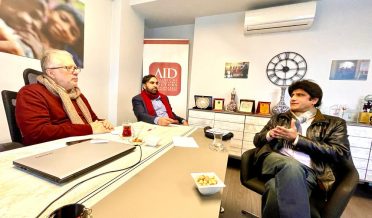Interview:
Wajahat Ali Khan:-
I have had the privilege to interview Mr Ahmad Shahzad OBE, who elected as a local government councillor in the London Borough of Brent for the Willesden Green Ward in 1990; re-elected in 1994, 1998 and 2002 and Mapesbury Ward in 2014. He also elected as Mayor of Brent for 2004/2005 and Served Brent as a Business Ambassador for the year 2005/2006.
Because of a vast and rich political history of Mr Shahzad Its need to be necessary that I have to enlighten a bit of his profile for the readers that he came UK in 1970 but with his natural abilities and enthusiasm he overwhelmed the British political system, he served as Chair of Brent Pensions Fund Sub-Committee and Director of the Park Royal Regeneration Scheme representing Brent Council. This is the largest industrial regeneration scheme of its kind in Europe. He closely worked with the Social Services and Equal Opportunities Committees and was Labour Spokesperson for Contract Services on Brent Council. As a result of his business acumen, community standing and constant efforts to promote business and commercial ties between the UK and Pakistan, in 2005 the government of Pakistan appointed him as its Honorary Investment Counsellor for London.
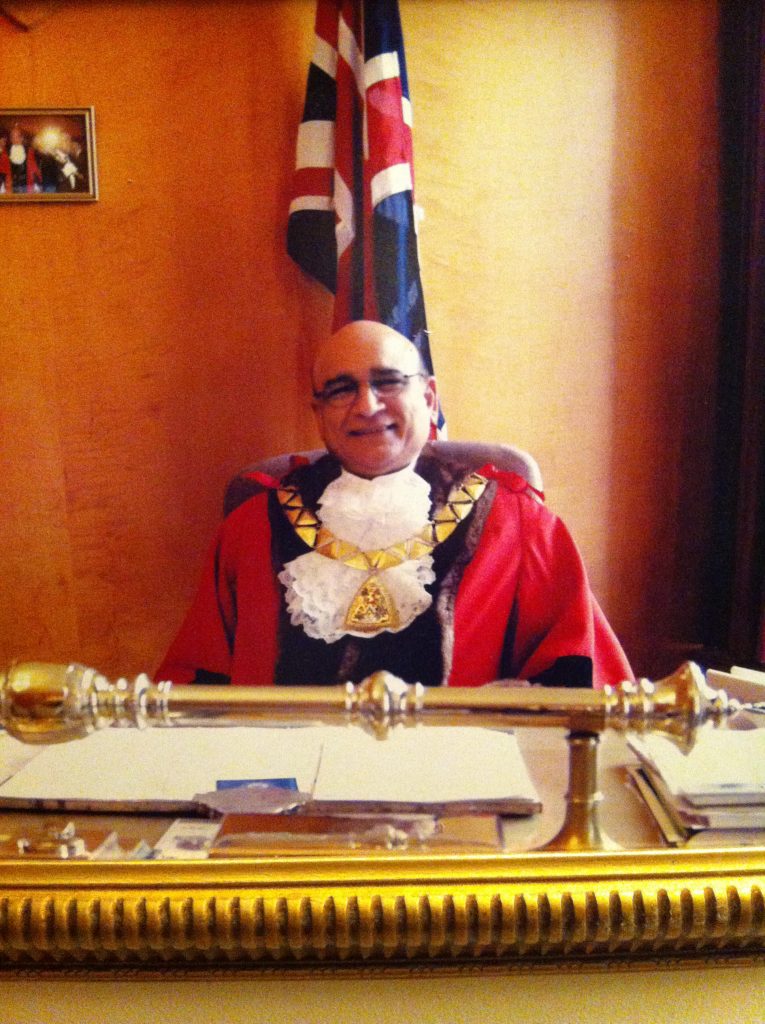
After a brief interview I came to know that Ahmad Shahzad is a ‘one man army’ and fight for the people’s rights, and loudly working for BAME Labour (Black Socialist Society) and Ethnic Minorities, peoples acknowledged his services and he elected as Chair of Brent’s Labour Ethnic Minorities Committee (Brent East, Brent South and Brent North CLPs) in1994. After six months consultation with ethnic minority organisations and individuals in the borough, he also produced a report suggesting certain actions in order to win support from the ethnic minorities for Labour, which contributed to the party’s election victory in Brent. In March 2007 he was elected as National Chair of the Black Socialist Society with more than 70% of the vote. In March 2009, he re-elected as National Chair with 89% of the votes under the new name of BAME Labour and elected as member of Labour’s National Policy Forum 2007/2009. Re-launched scours of local branches across the country and organised a very successful Leadership and Deputy Leadership hustings in the House of Commons in May 2007 as well as the first ever training events for BSS members in September 2007, April 2008 and April 2009.
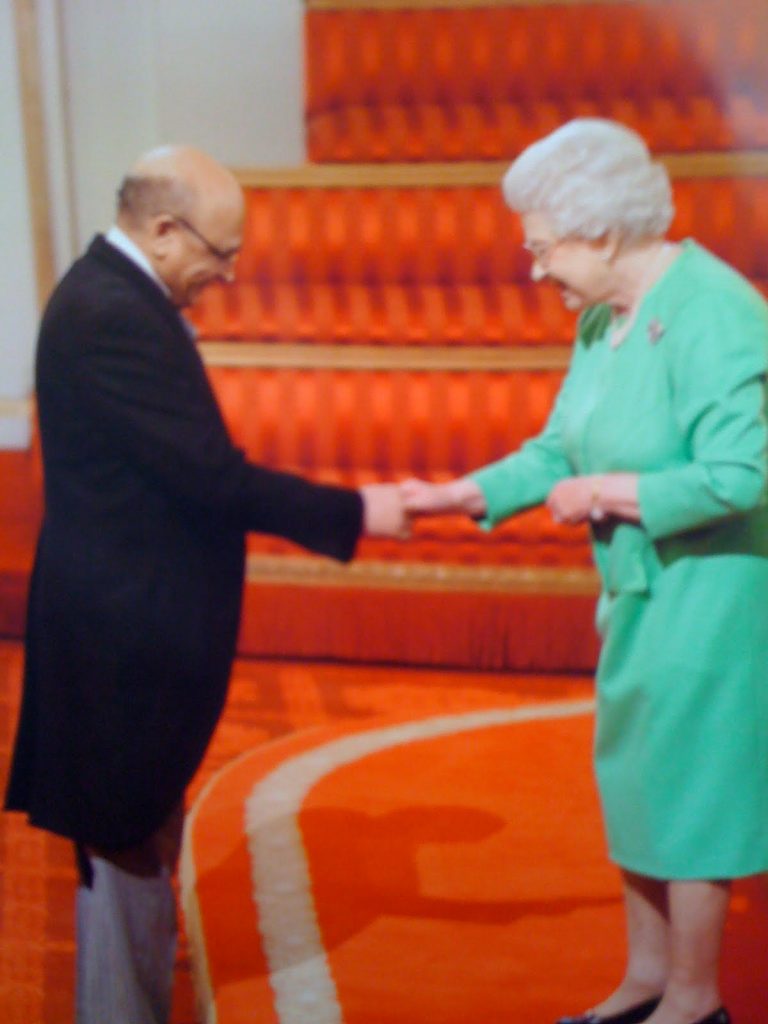
services in 2010.
In April 2009 Shahzad successfully introduced an amendment at the Labour Party NPF & Conference to the Equality Bill to include reference to positive action measures to increase Women & BAME representation in all areas of politics and public life. As a National Chair of BAME Labour he organised a meeting with Walthamstow BAME in January 2010 where Peter Hain MP, Secretary of State for Wales and a panel of other Ministers and MPs highlighted strategies to defeat the BNP agenda and I set up a Local BAME Labour branch in Barking which contributed to winning back all council seats from the BNP in Barking and Dagenham.

More people may not aware one of Ahmad Shahzad’s landmark achievement which is “One member One vote” (OMOV or one person, one vote) expresses the principle that individuals should have equal representation in voting. Thanks to Ahamd Shahzad, because this was the ‘main push’ which given us political representation in British society in the shape of Chaudhry Muhammad Sarwar of Glasgow, Lord Nazir Ahmed of Rotherham and so many other Pakistani/Asian members of UK Parliament. Other Labour leader John Smith and John Prescot where also shoulder to shoulder along with Ahmad Shahzad’s struggle. This slogan is used by advocates of political equality to refer to such electoral reforms as universal suffrage, proportional representation, and the elimination of plural voting, malapportionment, or gerrymandering. The British trade unionist George Howell also used the phrase “one member, one vote in political pamphlets in 1880. Onwards, this phrase became widely used in developing countries where majority populations sought to gain political power in property with the co-operation of building society on to their numbers.
Mr Ahmad Shahzad is one of the pioneers who introduced low-cost housing schemes for low wage earners with the co-operation of building society and private developers. Hundreds of first-time buyers and low wage earners benefited from his schemes.
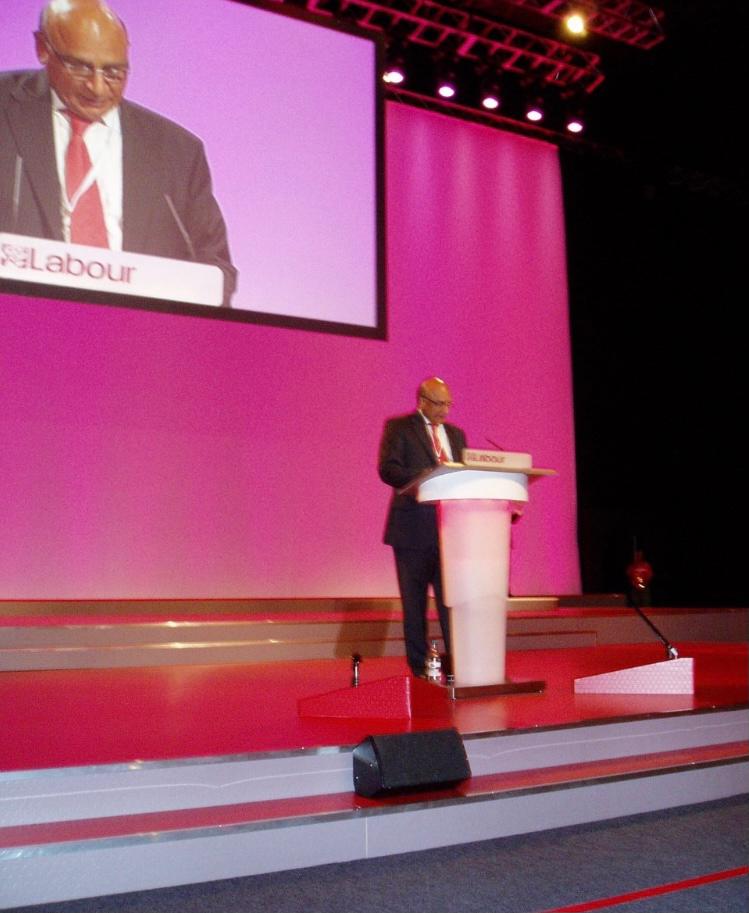
This is reality that a true leader can change people’s life with his wisdom and appropriate direction. Therefore, the ability to trust a leader is essential to cultivate followers – and the one requirement that successful leaders cannot afford to take for granted. First, a leader needs to deliver result in a quality manner, and I can say loudly, Bravo and thanks to Ahamd Shahzad that he done that.
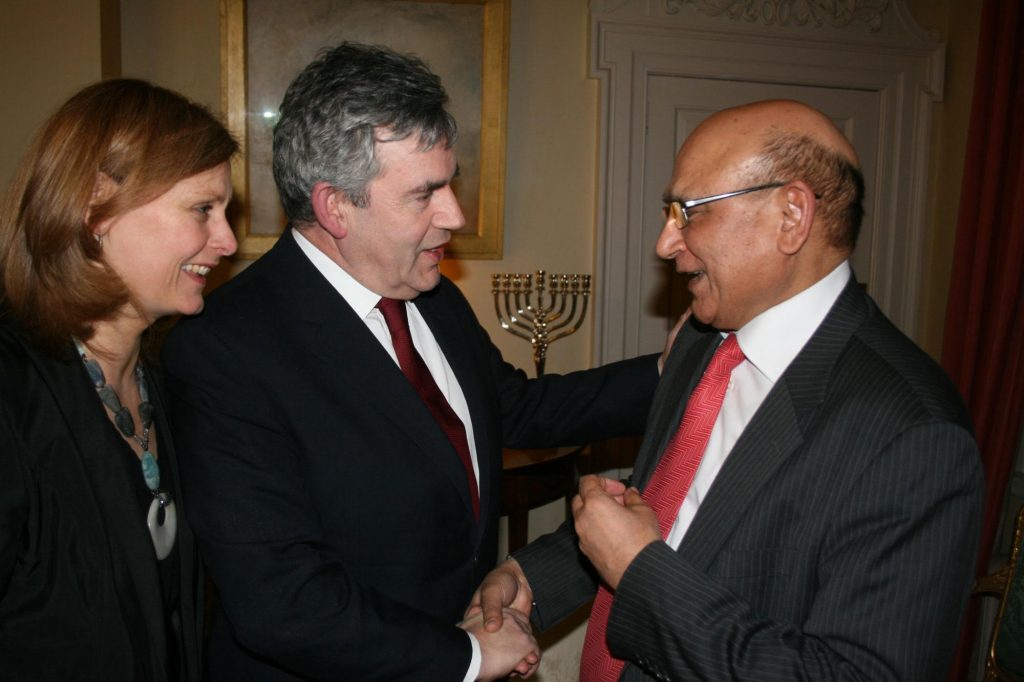
Ahmad Shahzad’s community and Interfaith work is also worth to be appreciated. He is not only represented all of his Ward constituents to the best of his abilities in Brent, but also have extensive experience in representing the Asian community and the wider Islamic community of the UK as a direct result of his background and contacts throughout those communities, his Interfaith work is marvellous too. He has attended a huge number of community and social events promoting community cohesion in the UK over many years, especially during the year as Mayor. Ahmad Shahzad travelled both widely and frequently in this country, representing Brent and to help and advice various BAME groups and also organised religious seminars and set up an interfaith committee to create awareness and unity among various faith and community groups. Human Rights Issues: As the Chair of the Human Rights Society of Pakistan, and Europe. He organised several conferences in London that have condemned the human rights violations in Kashmir, Bosnia and Chechnya. In July 1993, he attended the United Nations’ World Conference on Human Rights in Vienna and made representations on issues involving Kashmir and Bosnia and held discussions on these issues with the Chair of the conference, Austrian Foreign Minister Alois Mock, former USA president Jimmy Carter and the Dalai Lama.
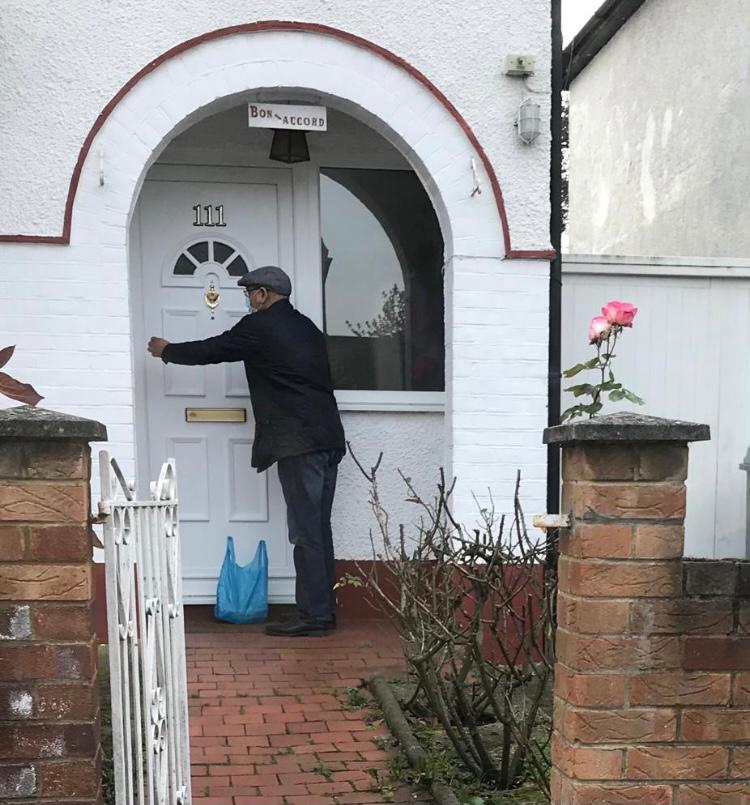
In 1992, Shazad launched an appeal to help the victims of the floods in Pakistan and with the funds raised I built a hospital for women and children in Jhelum City of Pakistan. (Pak UK Women and Children Hospital) The late Diana, Princess of Wales, the late John Smith, Neil Kinnock, Peter Hain, Keith Vaz and Paul Boateng all supported this worthy cause. The hospital is now working 24 hours helping patients free of charge. In July 2017 he produced a report on Child and Adolescent Mental Health as a chair of Scrutiny Task Group. In 2020 During Covid19 period he is helping tirelessly along with his friends delivered free cooked food every week to most vulnerable and needy people particularly those who were shielding in 5 Wards of Brent Central.
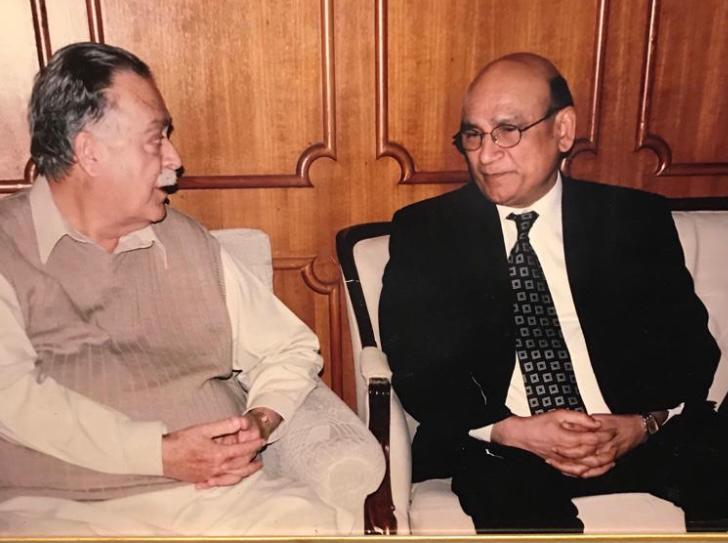
In 2010 Her Majesty the Queen has graciously awarded to Ahamd Shahzad with the honour of Officer of the British Empire (OBE) in her New Year’s Honours List, in recognition of his Community, humanity and interfaith work.
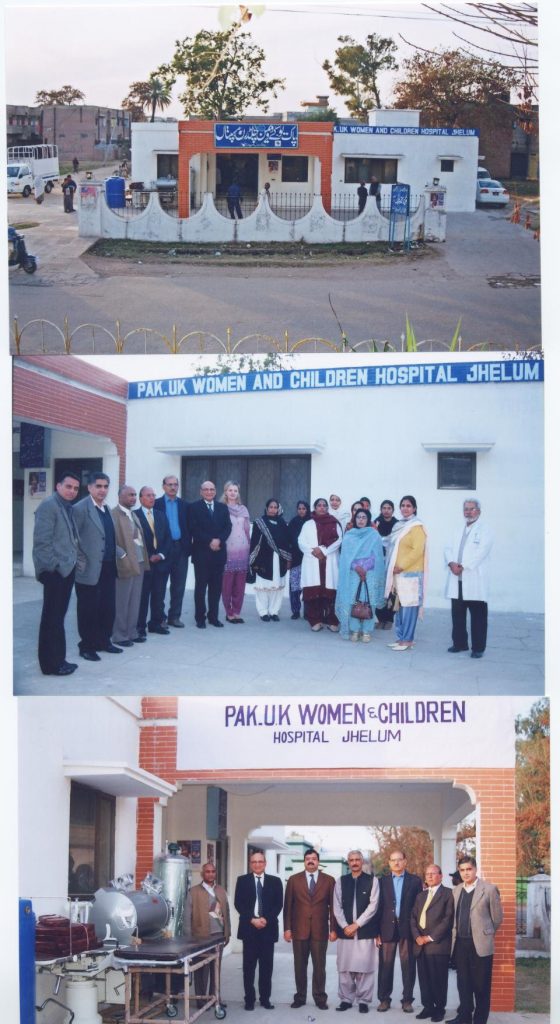
Ahamd Shahzad Role in different Organisations

National Chair of BAME Labour (formerly Black Socialist Society)2006 /2011
Member of Labour Party National Policy Forum 2007 to 2009 (NPF)
Chair of the U.K. & Europe Chapter of the Human Rights Society of Pakistan
Founder member and Chair of Brent Muslim Community Forum, which has been holding Friendship Days & Eid festivals, the biggest of their kind in Europe, annually for the past 17 years.
Role in UK/International Campaigns
Campaign to assist BCCI Victims: he is proud to have played a leading role in the campaign, as the local Chair and also organiser of the national campaign, to help the victims of the Bank of Credit and Commerce International (BCCI) collapse. Due to concerted efforts, the employees, investors, and depositors have secured compensation up to the value of 95% of their losses.
Human Rights Issues: As the Chair of the Human Rights Society of Pakistan, UK, and Europe Chapter, he has organised several conferences in London that have condemned the human rights violations in Kashmir, Bosnia, and Chechnya. In July 1993, he attended the United Nations’ World Conference on Human Rights in Vienna and made representations on issues involving Kashmir and Bosnia. He held discussions on these issues with the Chair of the conference, Austrian Foreign Minister Alois Mock, former USA president Jimmy Carter, and the Dalai Lama.

